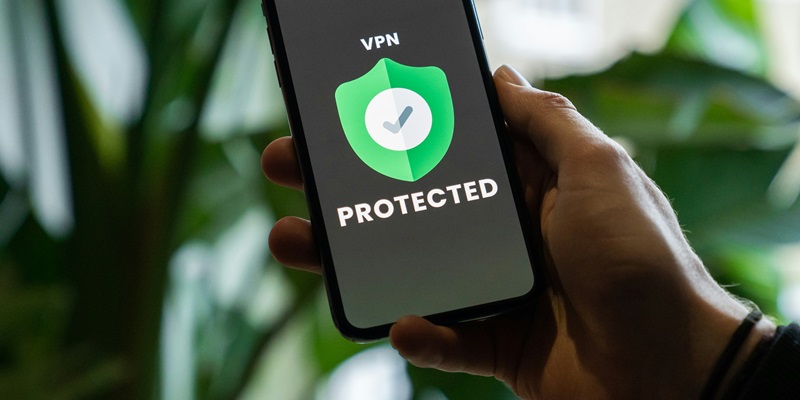In an increasingly interconnected world, safeguarding our online privacy has become paramount. With countless threats looming, utilizing a reliable Virtual Private Network (VPN) is essential. However, it is crucial to choose the right VPN app or extension based on the specific aspects of your online activities that you aim to safeguard.
Potential threats of using free VPNs
While free VPNs may seem like a convenient option, they often come with significant drawbacks. One major concern is that many of these services sell your browsing data to third parties, compromising your privacy. Additionally, free VPNs may lack the necessary security features, leaving your sensitive information vulnerable to potential breaches.
Enhancing privacy with specific VPN servers
Depending on your chosen VPN service, some top-tier providers offer specific servers designed to enhance privacy. One such feature is Onion over VPN, which combines the power of Tor with the security of a VPN for an extra layer of anonymity. By routing your connection through multiple servers, Onion over VPN ensures that your online activities remain private and secure.
Anonymous data usage by VPN providers
Similar to other companies, your VPN provider might offer the option to send them anonymous data for identification and correction of errors. While this may seem counterintuitive to privacy concerns, it is meant to improve the VPN service you receive. However, it is important to review the privacy policies of your VPN provider to ensure the responsible handling of your data.
Utilizing the Kill Switch feature
One of the most critical features to look for in a reliable VPN is the Kill Switch. This feature ensures that if your VPN connection is interrupted, your internet connection is immediately cut off, preventing any data leakage. By enabling the Kill Switch, you can safeguard your privacy and protect your sensitive information, even in the event of a VPN disconnection.
Configuring a more secure VPN and DNS protocol
When configuring your VPN connection, it is important to opt for a more secure VPN and DNS protocol. The choice of protocol can have a significant impact on the security and privacy of your browsing. Consider using protocols like OpenVPN or WireGuard, as they employ robust encryption algorithms to ensure secure VPN connections.
Personalized safeguards for browsing
To further enhance the security and privacy of your browsing, you can personalize additional safeguards. For instance, you can enable features like multi-factor authentication, ad-blockers, and anti-tracking tools. These measures help protect your online activities and ensure that your personal information remains private.
Choosing a trustworthy VPN provider
Selecting a VPN provider with a strictly enforced no-logs policy is crucial. A no-logs policy means that the VPN service doesn’t track or store your browsing activity or connection logs. This commitment to privacy ensures that your online activities remain anonymous and cannot be linked back to you.
Researching the provider’s history, reviews, and commitment to transparency is also essential. Look for independent audits and security certifications that endorse the VPN provider’s trustworthiness. Taking the time to evaluate the provider’s reputation will help you ensure that your chosen VPN service truly prioritizes your online privacy.
Using a VPN can be a powerful tool for online privacy, but it’s crucial to choose wisely and employ best practices to truly cloak your digital footprint. By carefully considering the potential threats of free VPNs, enhancing privacy with specific VPN servers, utilizing the Kill Switch feature, configuring secure VPN and DNS protocols, personalizing additional safeguards, and choosing a trustworthy VPN provider, you can ensure that your online privacy is protected. Invest time in researching and making informed choices, and you can enjoy a secure and private online experience.

